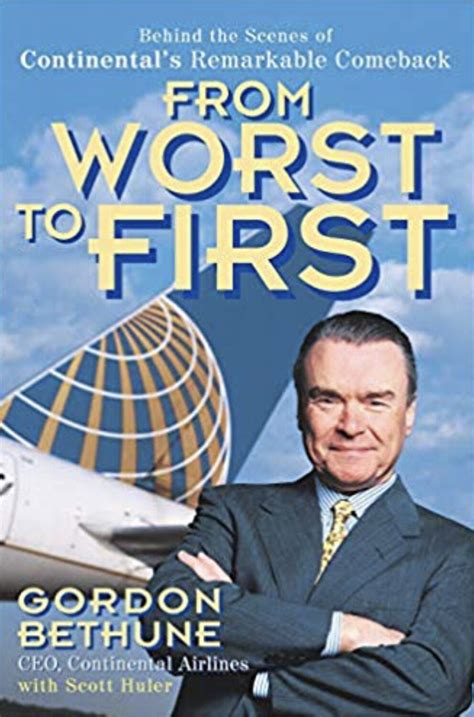A Quote by Malcolm Turnbull
People invest in companies in order to get a share of the profit that company will make. If the Government increases its share of the profits, potential profits, at the expense of the owners of the company, the shareholders, then that makes investment in that company less attractive.
Related Quotes
The British use a system where the profits a corporation reports to shareholders is what they pay taxes on. Whereas in America we require corporations to keep two sets of books, one for shareholders and one for the IRS, and the IRS records are secret. For publicly-traded companies, the British system would tend to align the interests of the government with the interests of the company because the company wants to report the biggest possible profit. Though, all wealthy countries have high taxes as wealth requires lots of common goods, from clean water to public education to a justice system.
Shareholder activism is not a privilege - it is a right and a responsibility. When we invest in a company, we own part of that company and we are partly responsible for how that company progresses. If we believe there is something going wrong with the company, then we, as shareholders, must become active and vocal.
I dismiss personal profit and focus exclusively on people and planet. That's what I call social business: a nondividend company dedicated to solving human problems. You can go all the way, forgetting about personal profit, being single-minded about solving problems. The company makes profit, but profit stays with the company.
[Simon Segars ] came by a few times.I told him, "If you understand the future of the internet of things that much, then you should add more engineers and go on the offensive." Simon had explained to analysts and others that he intended to do that sort of forward-looking investment, but he said it's tough for a listed company considering its share price falls if profits drop.
The worst loophole is what Donald Trump has talked about: the tax deductibility of interest. If you let real estate owners or corporate raiders borrow the money to buy a property or company, and then pay interest to the bondholders, you'll load the company you take over with debt. But you don't have to pay taxes on the profits that you pay out in this way. You can deduct the interest from your tax liability.
To the economically illiterate, if some company makes a million dollars in profit, this means that their products cost a million dollars more than they would have without profits. It never occurs to such people that these products might cost several million dollars more without the incentives to be efficient created by the prospect of profits.
Businesses just want to increase their profits; it's up to the government to make sure they distribute enough of those profits so workers have the money to buy the goods they produce. It's no mystery - the less poverty, the more commerce. The most important investment we can make is in human resources.


































